16-0105 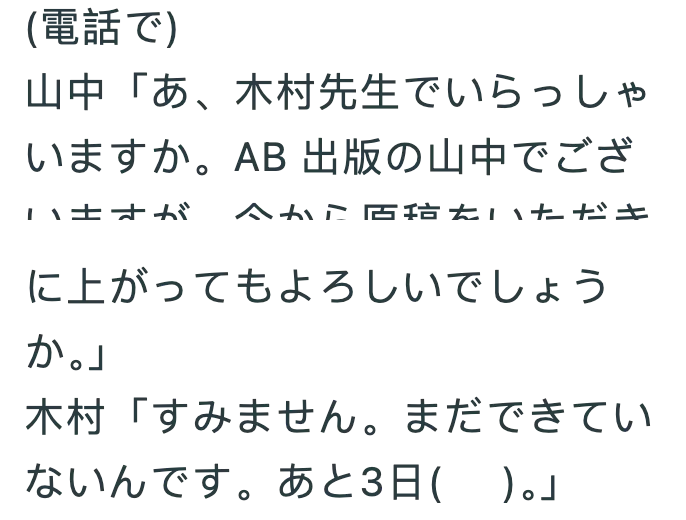

16-0105 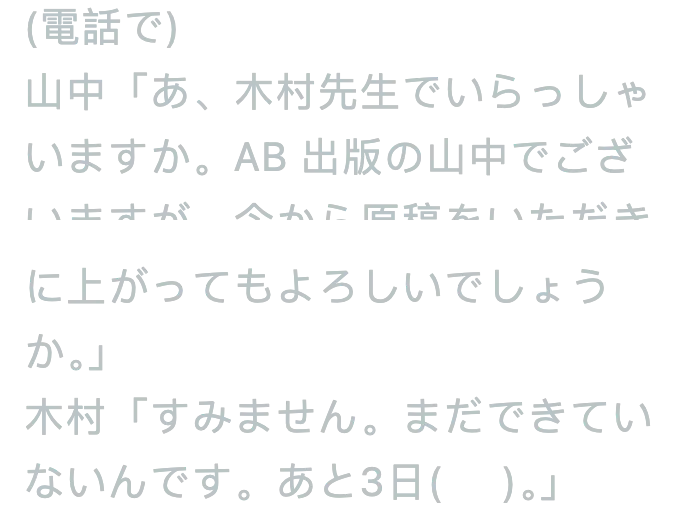

- (On the phone):
- Yamanaka, is that Mr. Kimura? I'm Yamanaka from AB Publishing. I'd like to pick up the original manuscript. Is that okay?
- Kimura I'm sorry, it's not ready yet. Can you please wait three more days?
- This question examines honorifics and granting relationships. According to the meaning of the sentence, it is Kimura who asked Yamanaka to wait for three days, while お待ち申し上げております is a humble honorific expressing one's own action, 待たせていただく is to say please allow me to wait, and 待っていただく is to say that you ask the other person to wait.
17-0106 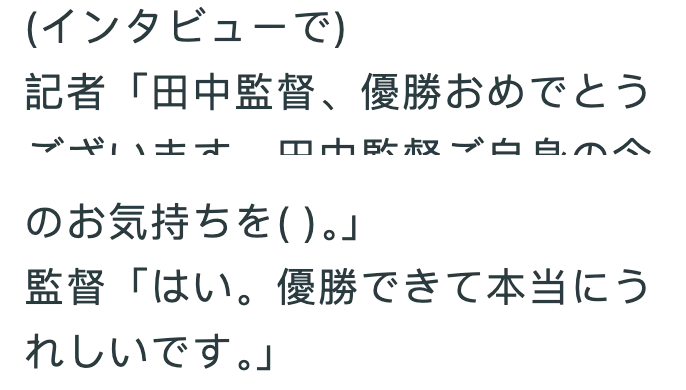

17-0106 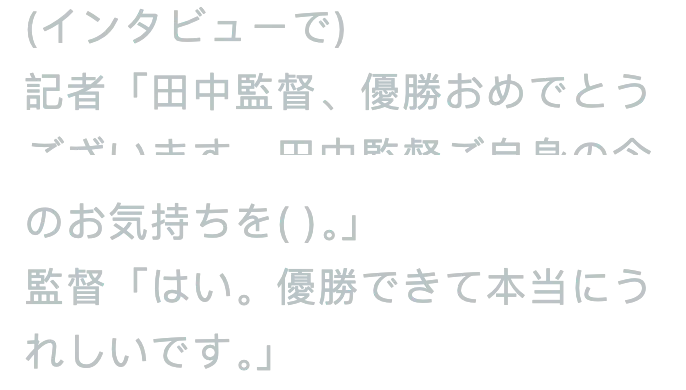

- (Interview in progress)
- Reporter "Coach Tanaka, congratulations on the championship. Can you tell us how you feel right now?"
- Coach "Okay. I'm really, really happy to win the championship."
- お + Type I/II verb ます形 +願う
- Leave + Class III verb stem + +願う:表示请求别人做某事
- お聞かせ願えますか:Can you please let us hear it? Can you please say something?
- お~いただく:Expressing self-effacement, referring to humbly accepting a favor from an elder or superior or requesting the other party to do something
- お話になる:"Talkす "的respectful language
- お話申し上げます:"話す "的自谦语
18-0107 

18-0107 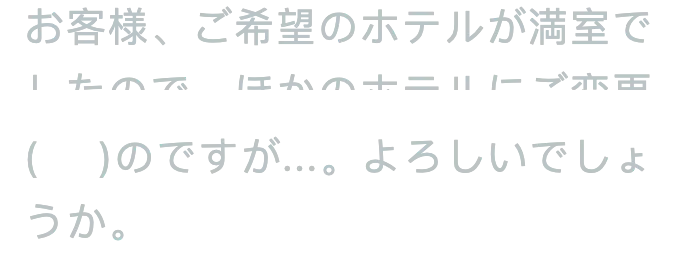

- Guest, the hotel you wish to stay at is full. Could you please change to another hotel?
- ねがいたい:"ご+願う "Politely ask the other person to do something.
- "「お+願う」please ......
- Kudasaritai: I hope you do ......
- になりたい:Want to become ......
19-0108 

19-0108 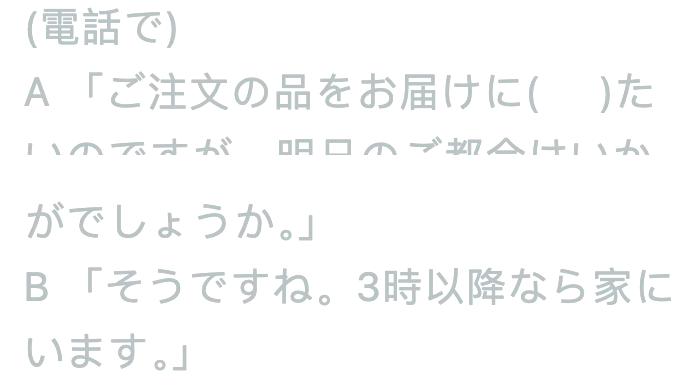

- (on phone)
- A would like to deliver your reservation. Is tomorrow convenient?
- Will be home if after B:00.
- Kamigaru: In this case, it's a self-effacing expression for "Gyoku/Visiting Neru".
- Differentialげる:"与える・やる "等的自謙语
- The other options are not self-effacing statements and do not fit the context.








